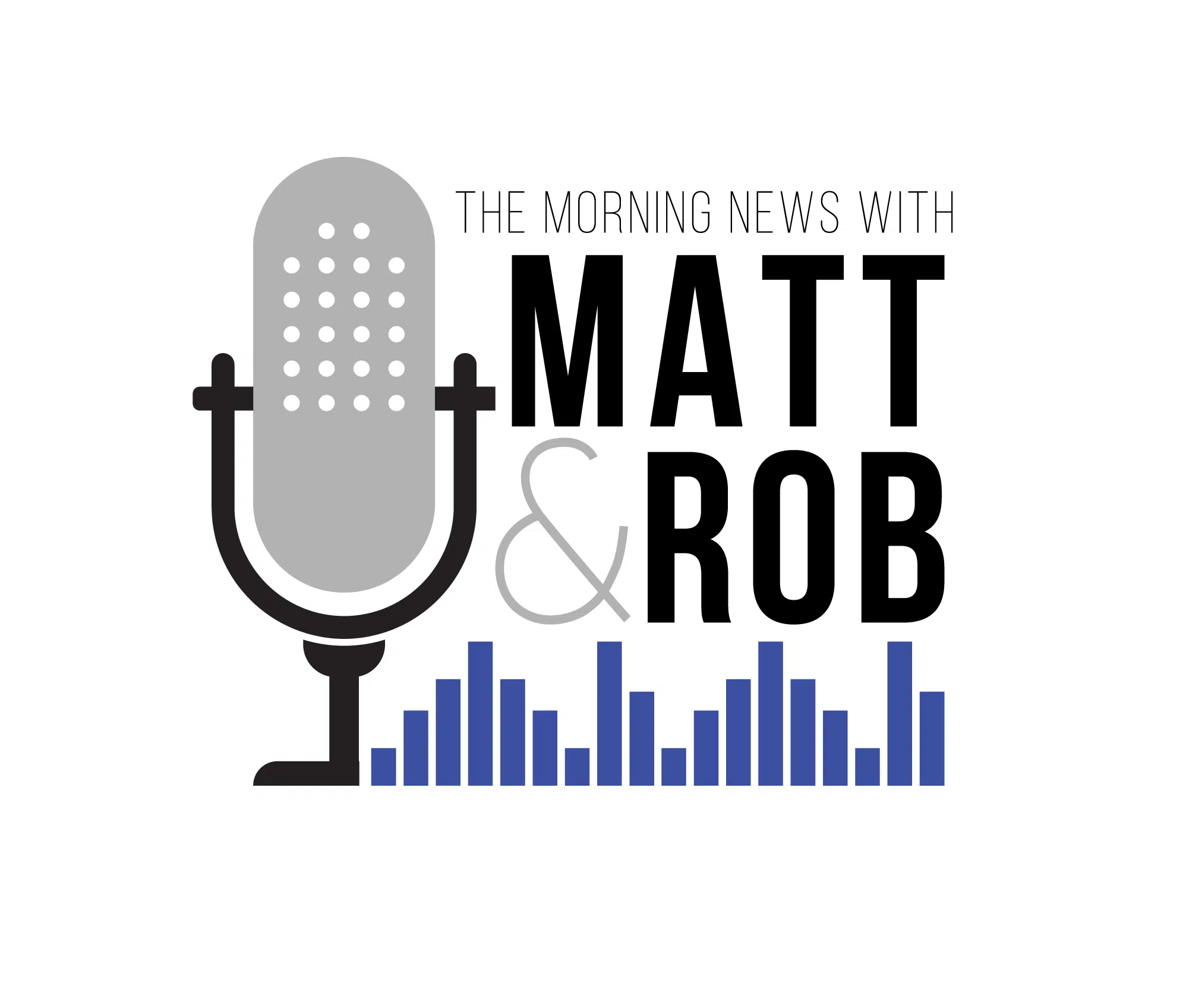GREEN BAY, WI (WTAQ) — Cyber attacks crippled the cities of Oshkosh and Racine this month, and they’re hardly alone. Ransomware attacks are becoming more and more prevalent year after year.
Ransomware cripples the computer networks it infects. Professor Guarav Bansal teaches about cybersecurity at UW Green Bay, and he says the damage it can cause is severe.
“They basically hack you, lock your files, and then demand you pay money to get them unlocked,” Bansal told WTAQ.
Once files are locked, there’s no way to unlock them. Hackers use advanced encryption to lock your files, ensuring only they can return access.
Attackers usually use phishing emails to try and obtain your log-in information and access your networks, and they’re incredibly sophisticated.
“You click on some links in some email that looks very trustworthy to you–it looks like it’s from somebody you know,” Bansal said. “And you click on those links and they lock your files.”
It’s no basic spam email, either. Hackers are using increasingly sophisticated methods to trick you into giving up your information.
“It will show some kind of urgency, it will seem very very trustworthy,” explained Bansal. “They now use artificial intelligence to understand what kind of messages you get at what time, and who sends you those emails at what time.”
It only takes one employee clicking on an email to compromise an entire network. In Oshkosh, the attack forced employees to revert to collecting bills and writing reciepts the old fashioned way: with pen and paper.
Bansal says once the files are locked, there’s no way to unlock them without paying. Hackers typically demand payment in Bitcoin, and if not Bitcoin, some other form of digital cryptocurrency. Bitcoin uses unique, anonymous money transmission, ensuring the hacker’s identities can’t be traced.
Federal officials believe the attacks typically come from outside of the United States. Some have been traced back to foreign governments, like the 2017 WannaCry ransomware attack. That attack was linked by US officials to the North Korean government.
The number one way to fight ransomware is to be mindful about the emails you click on.
“The number one thing that we can do is stay alert,” Bansal told WTAQ. “I, as a professor have started teaching, specifically, mindfulness lessons in IT security classes.”
The attacks have gone after hospitals, media outlets, and municipalities across the country. They doubled in prevalence between 2018 and 2019, and show no signs of stopping.




